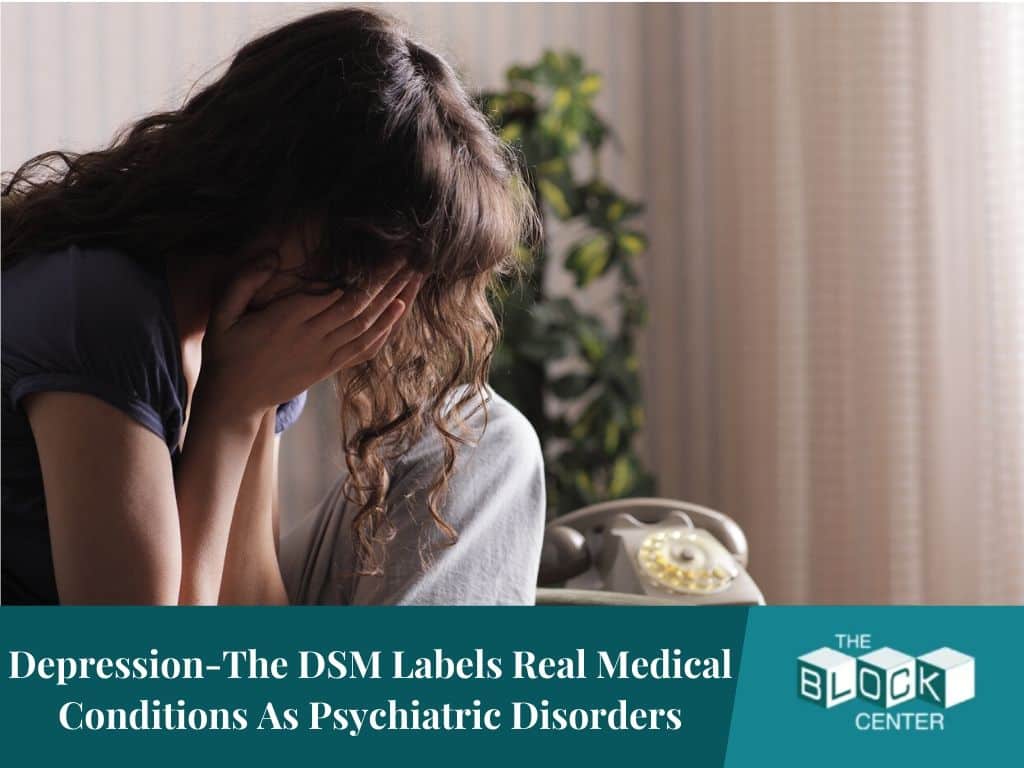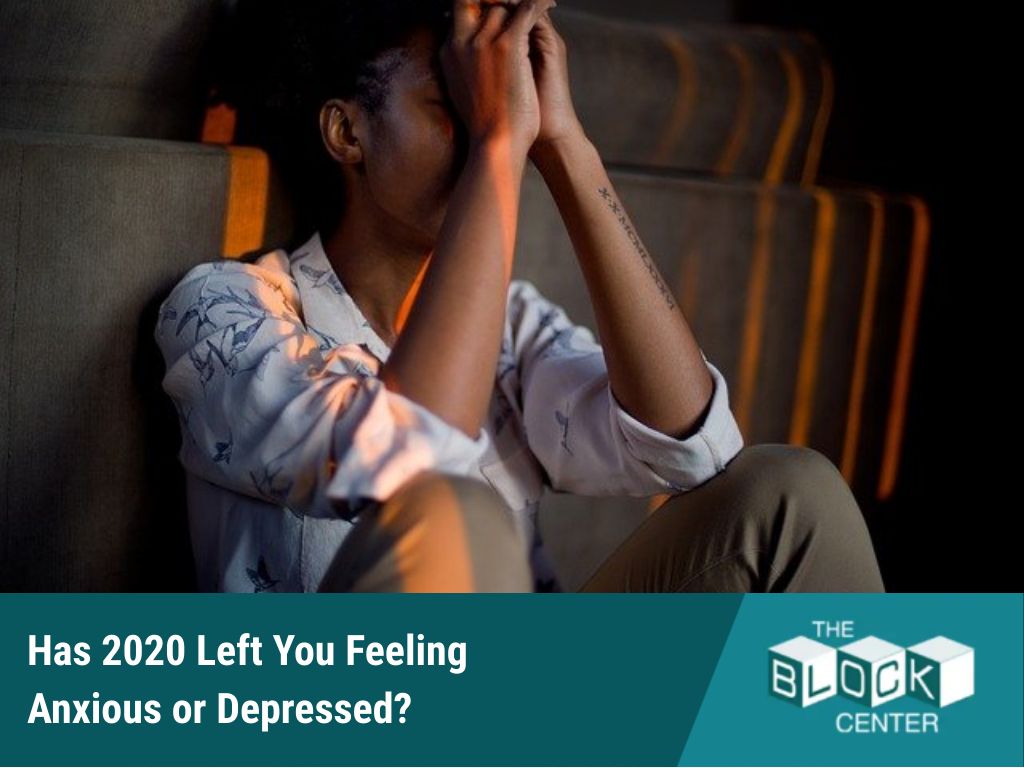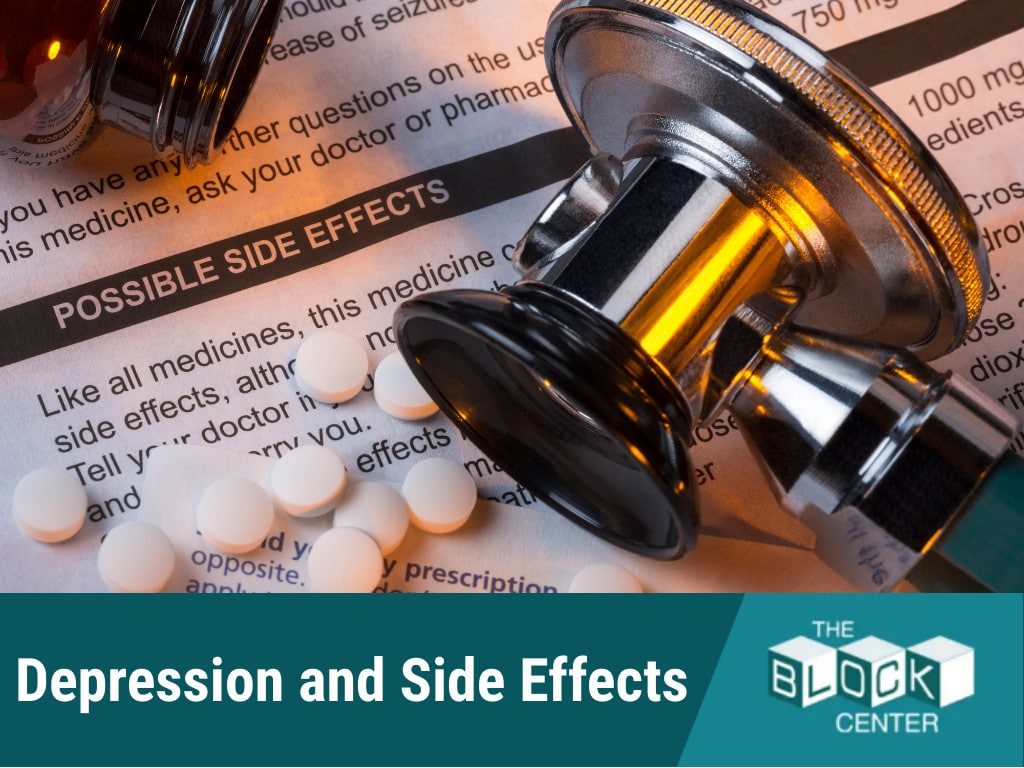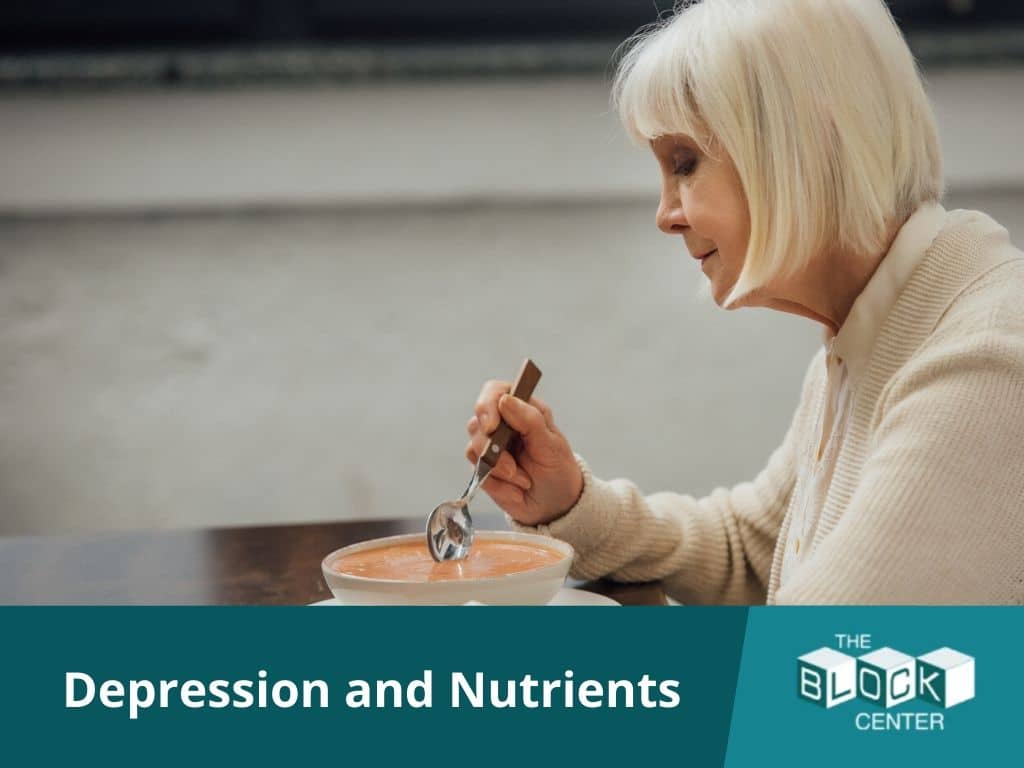Depression-The DSM Labels Real Medical Conditions As Psychiatric Disorders
The DSM codes used by doctors and insurance agencies to identify psychiatric disorders are not the only numbers in the book. The DSM also lists codes for general medical conditions that can cause the same symptoms as well as codes for medication-induced disorders. (APA, 2000, p. 409) The fact that both general medical conditions and those that are medication-induced are present in the DSM amounts to a tacit admission on the part of the authors that the symptoms they identify as being psychiatric in nature can and do have other causes. In spite of this admission, time and time again a psychiatric diagnosis takes the place of a medical one.
For instance, the DSM does identify hypothyroidism, a medical condition that can be treated successfully, as a factor in depression. However the text clearly suggests that this physical problem should be classified as psychiatric, “Mood Disorder Due to Hypothyroidism.” (APA, 2000, p. 405) Thyroid medication will make the depression go away. There is no need for an antidepressant or a psychiatric label. From my own clinical experience, I believe hypothyroidism to be the number one undiagnosed medical condition in adults causing depressive symptoms.
Hundreds of medical conditions affect how we feel. As long as doctors do not take into consideration these true medical conditions, more and more people will be labeled inappropriately and treated inappropriately. Not only will these patients continue to suffer from the same symptoms that led them to seek help in the first place but they will also be exposed to new risks while taking the prescribed psychiatric drugs.
If You or Your Child is already taking a Psychiatric Drug, Do Not Stop it Abruptly. Always Discontinue it Slowly and under a Doctor’s Supervision!










